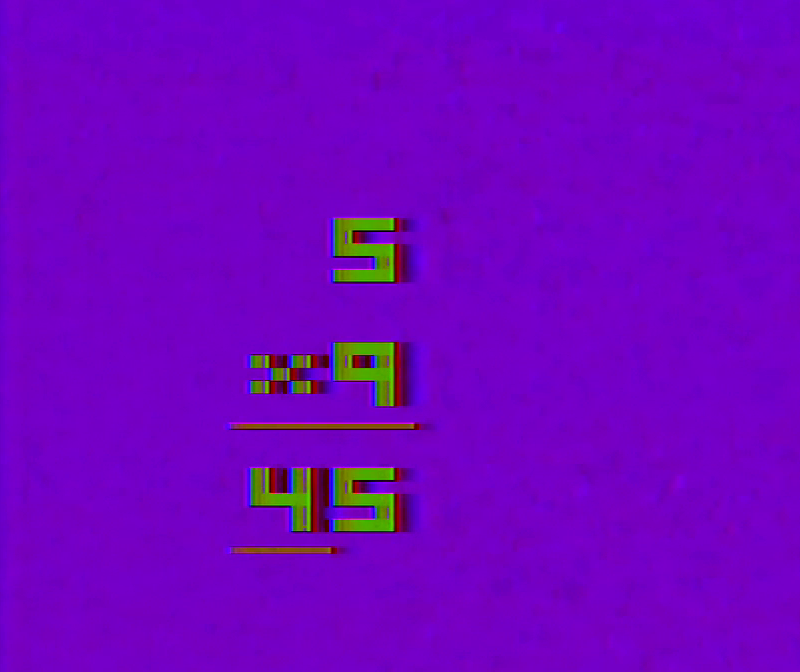
For as long as people have been mashing up numbers, they’ve been looking for ways to make the process easier. Whether it’s mathematical techniques like long division or using an abacus to keep track of large numbers, anything that can help reduce human error, we like. And similarly, anything that might make teaching math easier, well, we’ll give that a shot too.
It’s no secret that computers are good at math problems, and the introduction of the pocket calculator in 1971 gave the general public its first real opportunity to find that out firsthand; suddenly, the idea that using a computer to learn things that traditionally required books, paper and pencil didn’t seem so far-fetched. And so when the first programmable game consoles started arriving on the market, they all tried to position themselves as being more than just game machines – they could teach your kids math, vocabulary, and even some social studies in a fun, entertaining environment.
